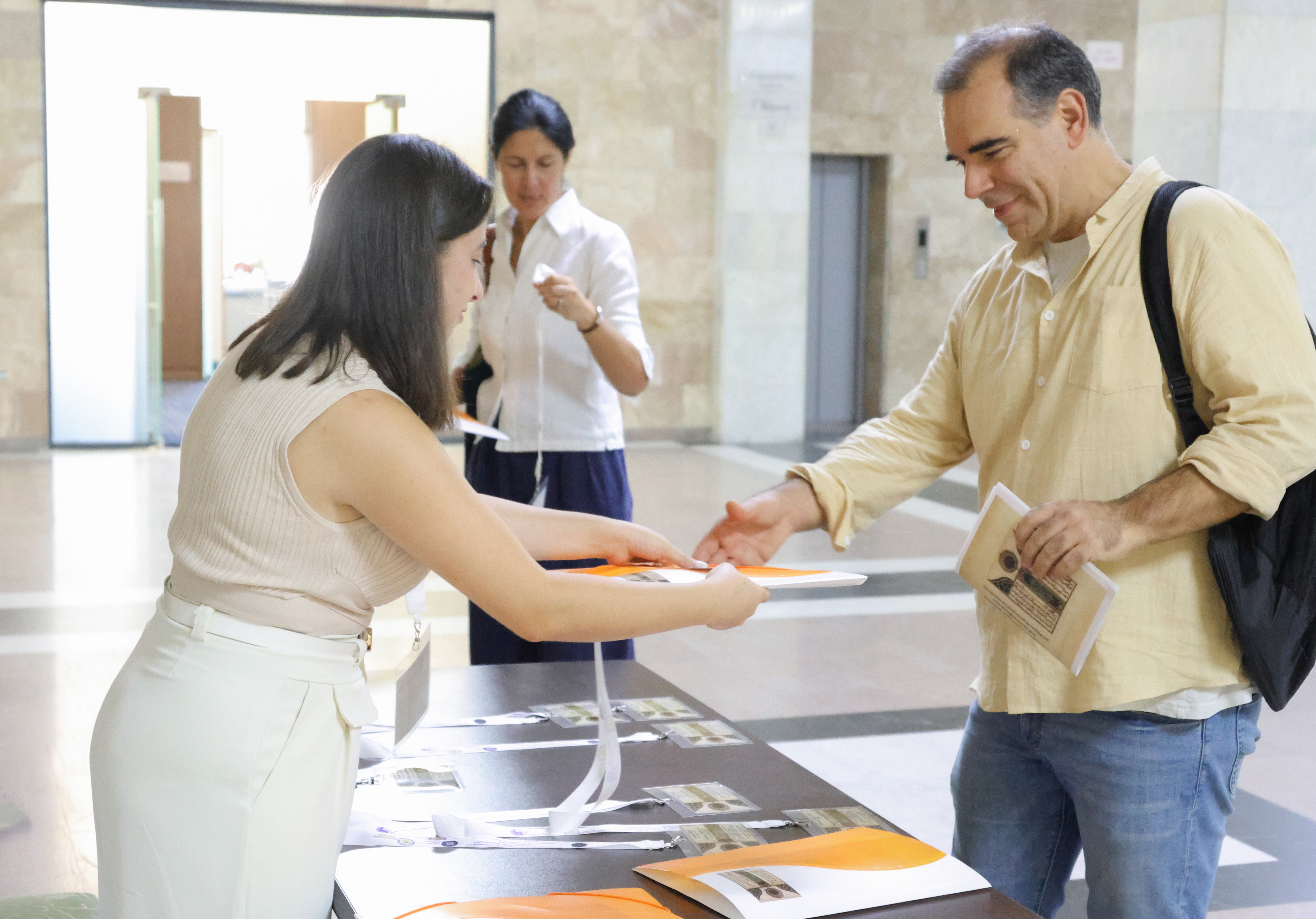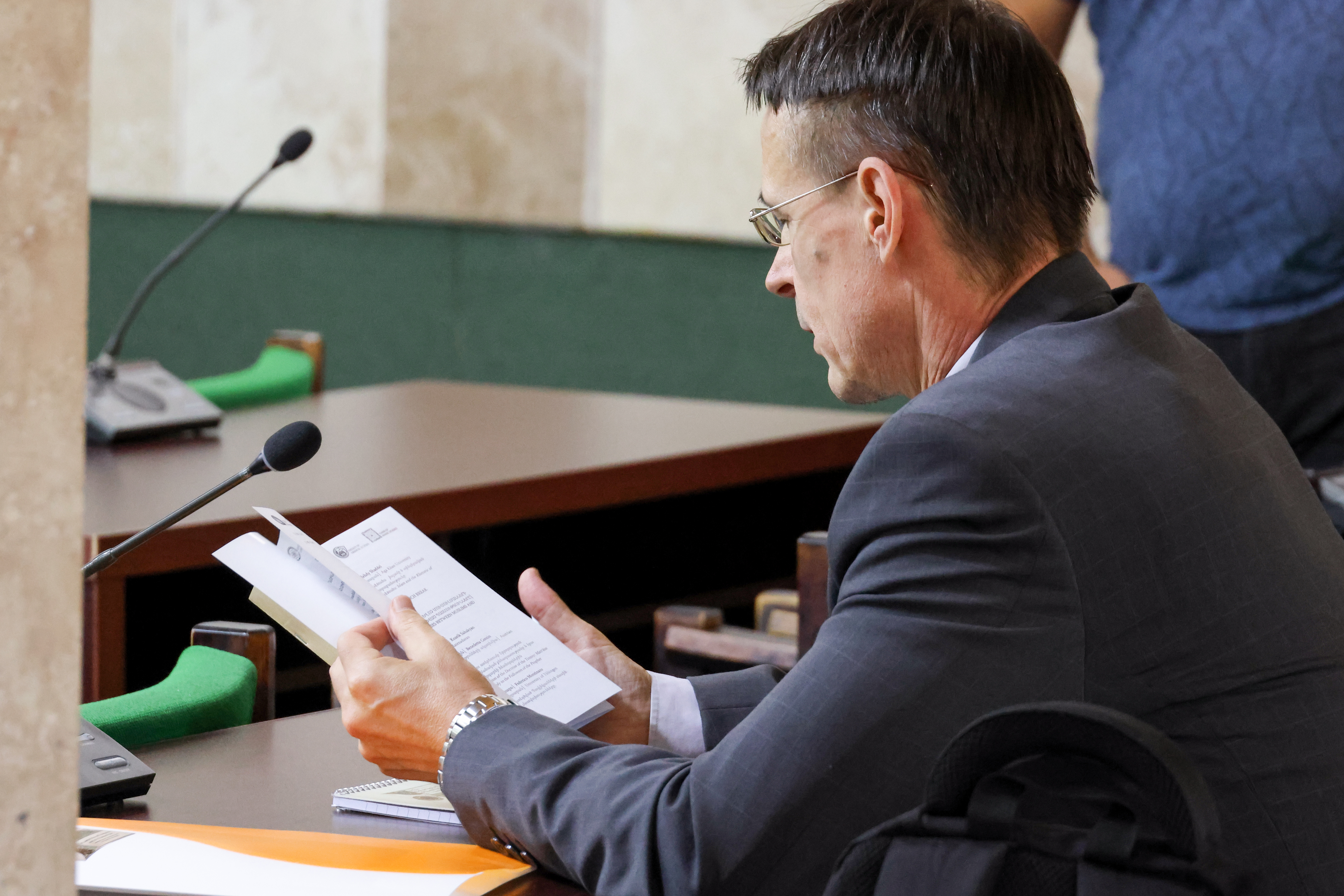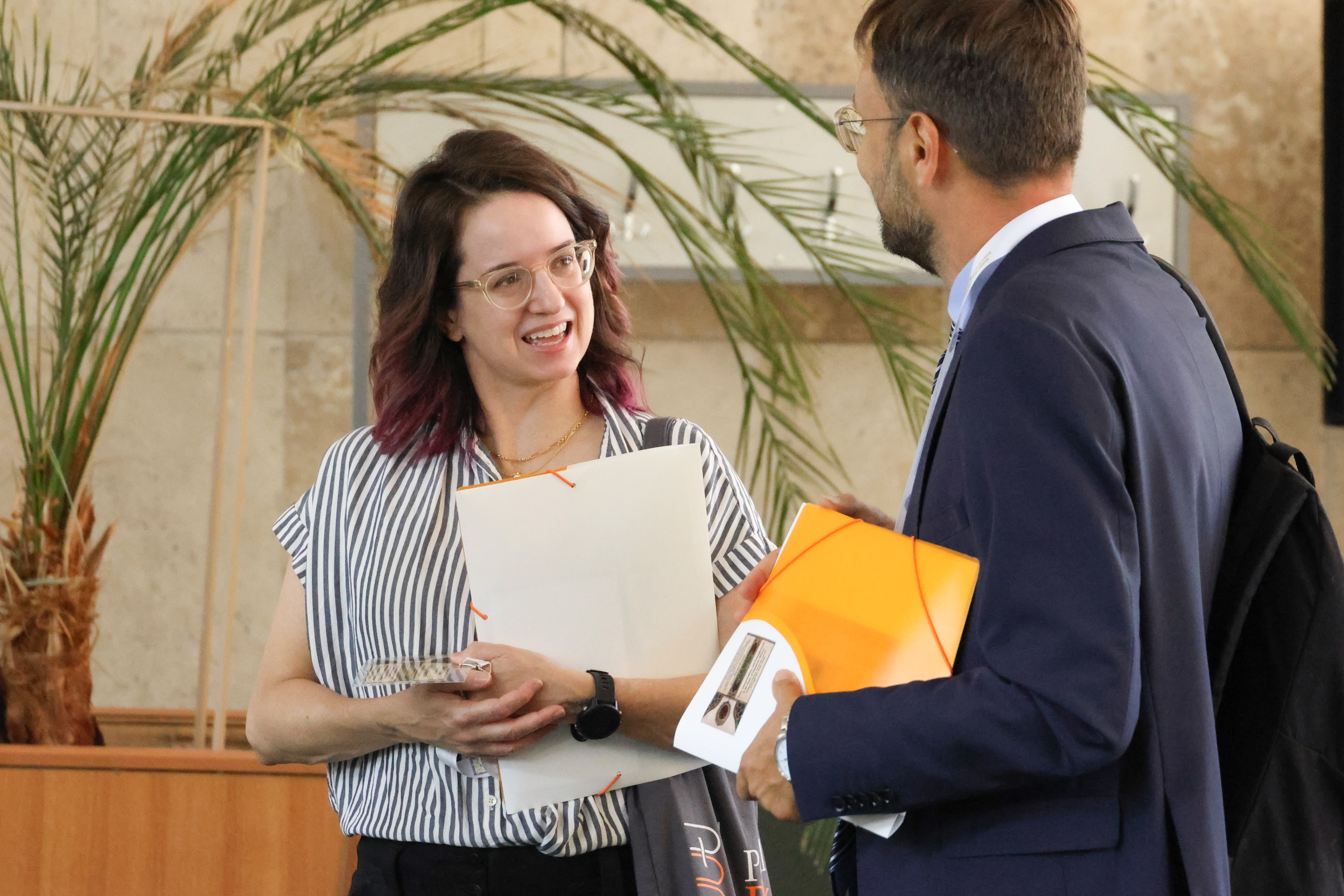August 30, 2024 | 15:30
Science
Conferences
International cooperation
Study of Islamicate history at the core of discussions: International 3-day conference summarized
Yerevan State University hosted an international conference "Texts, Interpretations, and Entanglements in the Study of Islamicate History" between 28-30 August 2024. The event was designed to create a platform for discussing debates and challenges prevalent in Islamic and Arabic Studies for pre-modern and early modern periods.
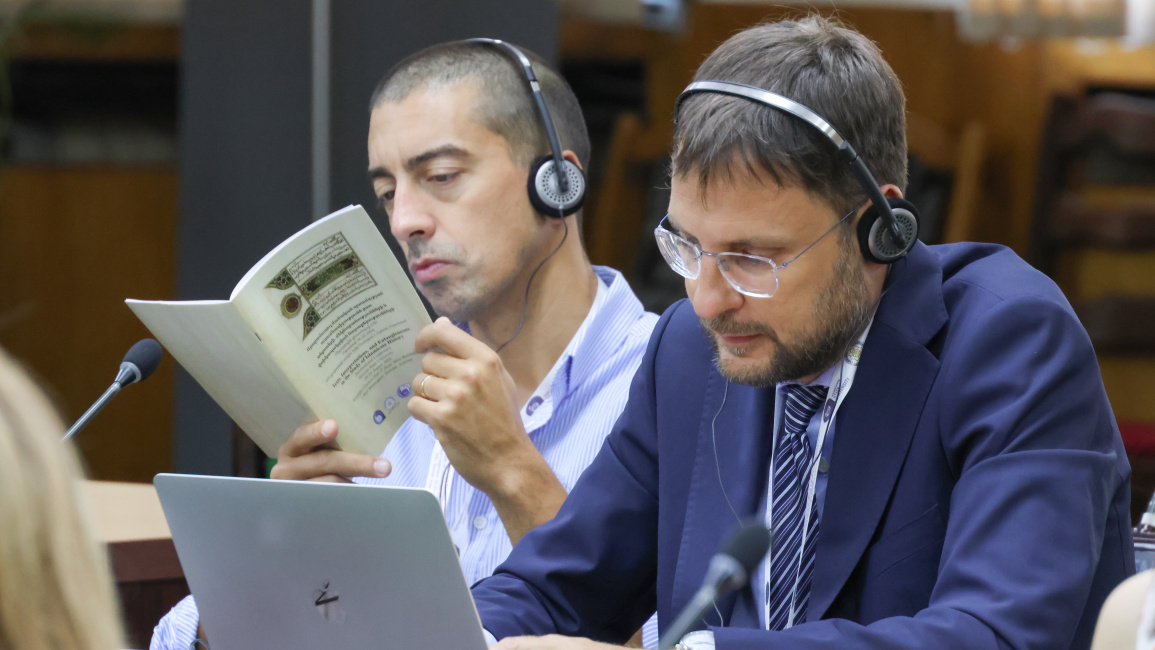
Organized in collaboration with the Chair of Arabic Studies at the YSU Faculty of Oriental Studies and the Abdulaziz Saud Al-Babtein Centre for Arabic Culture, the conference brought together experts from various fields of regional studies of the Middle East and North Africa. Prominent scհolars and professors from many universities and research centers across Europe (University of Lille, University of Leiden, Aga Khan University, London, Austrian Academy of Sciences, University of Tübingen, French Scientific Research National Center, Eötvös Loránd University, University of Castilla-La Mancha, Catholic University of the Sacred Heart, Milan, Central European University, University of Hamburg, University of Salzburg), the USA (UCLA, West Chester University), Canada (University of Calgary), Russia (Institute of Oriental Studies, RAS, Moscow), the UAE (American University of Sharjah) and Armenia (Matenadaran, Yerevan State University) presented their research, both online and offline.
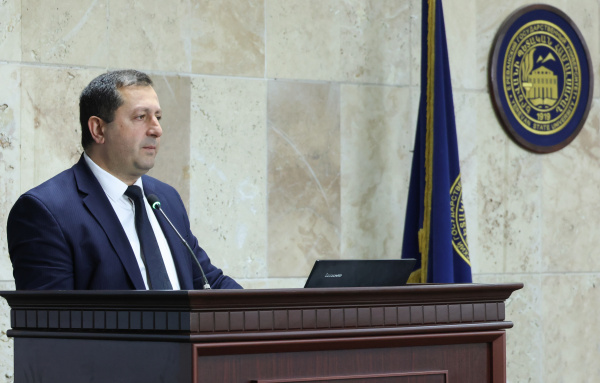
The YSU Rector Hovhannes Hovhannisyan emphasized the significance of the conference, by stating: "The partnership between the Arab world and Armenia has a long history, and it was further strengthened after many Armenians who survived the Armenian Genocide settled in Arab countries. YSU values the spread and preservation of Arabic culture and language and is committed to enhancing this collaboration. The conference is especially welcome when such a comprehensive event focusing on Arabic Studies has not taken place in a long time."
Ruben Melkonyan, the Dean of the YSU Oriental Studies Faculty, noted that the results of the studies and research presented at the conference would be integrated into the educational system for teaching various courses related to Arabic studies.
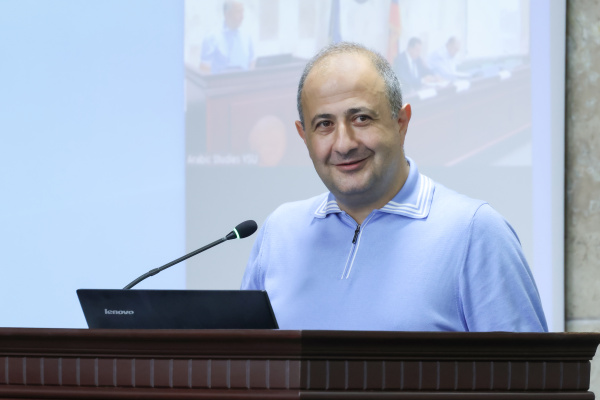
As R. Melkonyan pointed out, "Nowadays, contemporary scientific endeavors are highly popular, with scholars often seeking rapid recognition, while classical studies are increasingly pushed to the background. This conference, however, focuses on the classical period, emphasizing foundational scholarship and research."
The primary goal of the conference was to discuss and outline scholarly approaches that accurately represent the dynamic societies of the past, moving beyond simplistic portrayals. The speakers addressed key questions such as "What is the history of Islam?" and "How should Islam be studied?" They explored the interconnected stories of Muslims and non-Muslims, as well as relationships between different Muslim communities.
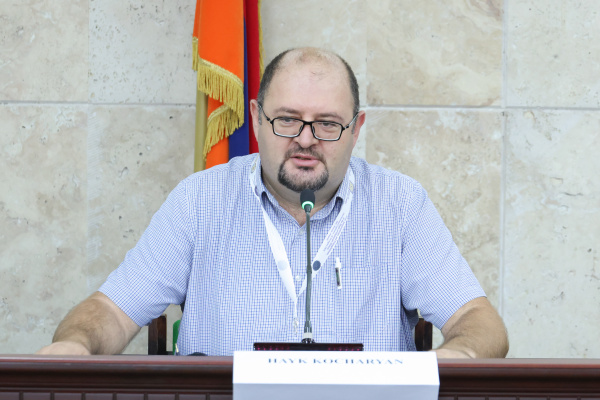
The conference also aimed to re-examine early modern interactions between the production of knowledge and commercial, cultural, social, and urban developments in the region. The talks highlighted the contributions of Armenians and Muslims to regional development, providing deeper insights into the Islamic and Islamicate worlds.
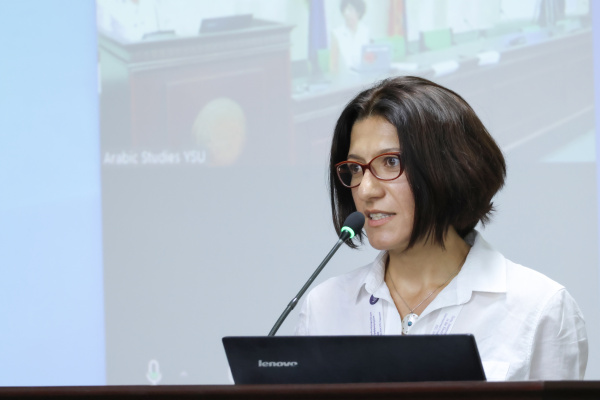
The conference also addressed issues related to religion, literature, and ethics, new research methodologies, and the impact of digital humanities. It explored the intersection of technology and humanities in Arabic and Islamic Studies. Presentations highlighted the potential of digital tools in transforming traditional scholarship by enabling corpus-driven research, textual analysis, and historical inquiry. Key discussions centered on the usage of machine-readable corpora to trace word usage, model literary genres, and analyze the chronological development of concepts within the Arabic written tradition. The conference showcased how digital applications can aid in creating critical editions of historical texts and conducting stylometric analysis to explore patterns in early Islamic literature. Overall, the meeting underscored the growing importance of Digital Humanities in offering new insights and methodologies that enhance our understanding of Arabic and Islamic studies.
The three-day conference successfully fostered new academic connections, network, and collaborations.













